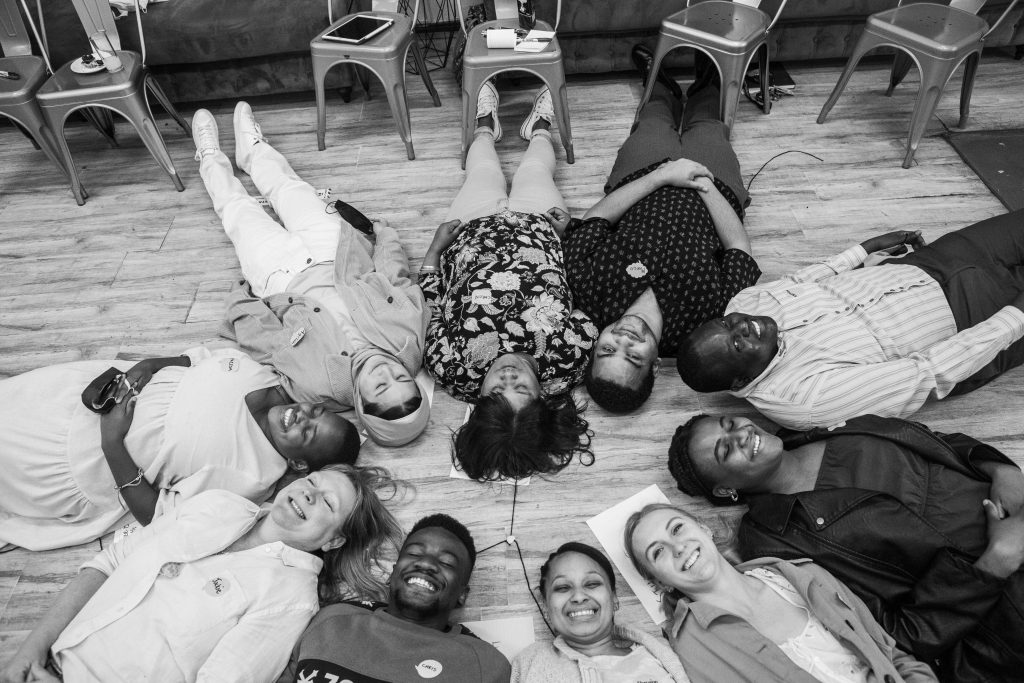Does your team need coaching?
Team coaching will always be of benefit to your team, but in some cases the need is more apparent. Here are a few signs that a team coaching intervention will be of immediate benefit for your team
- A new team has been formed, and the team needs to start performing
- The team has recently been restructured, and a few people are unhappy with the changes
- “Us” vs “them” camps have formed within the team
- Some of the team members really don’t seem to like each other
- Everyone in the team works hard to avoid conflict
- When conflict happens, it feels terrifying and escalates quickly
If you recognise some of the above scenarios as similar to those being faced by your team, consider bringing Team DnA in for a 2-hour team coaching session.

David Kossew and Alison Faraday collaborate together as team coaches under the banner Team DnA. We are inspired by the immense possibilities within the world of systems intelligence.
David and Alison are Accredited Certified Coaches with the International Coaching Federation and trained in Organisational Relationship Systems Coaching (ORSC) through CRR Global.
We coach teams in large and small organisations.
Team Coaching: A Business Solution
The goal of team coaching is to create opportunities for the inherent intelligence, generativity and creativity within the team to emerge. These qualities are often lost to the organisation. Team DnA will work with your team so that all voices can be heard, and these inherent team qualities are expressed. This allows the team to flourish, and contributes towards overall agility, with measurable results for the organisation.
Once your team has undergone some of the TEAM DnA performance-enhancing processes, you can expect the following:
- A culture of authenticity and honesty
- Team courage
- Deep democracy with access to all voices
- Skills which are transferable within the team and organisation
- Improved conflict management

Results from our clients
Team DnA created a monthly coaching intervention of 2 hours for a software management team. These were the results:
- A noticeable improvement in authentic communication and the ability of members to communicate what they really felt. This meant that members were able to be more vulnerable, and less defensive.
- A greater comfort with conflict – knowing that emerging conflict reflects that something new is trying to emerge from within the team, and that giving air to those voices allows innovation to emerge
- Dramatic increase in trust within the team
- An awareness of the perspectives and realities of others, and a willingness to engage in open dialogue
- Growth in emotional awareness and maturity within the team.
